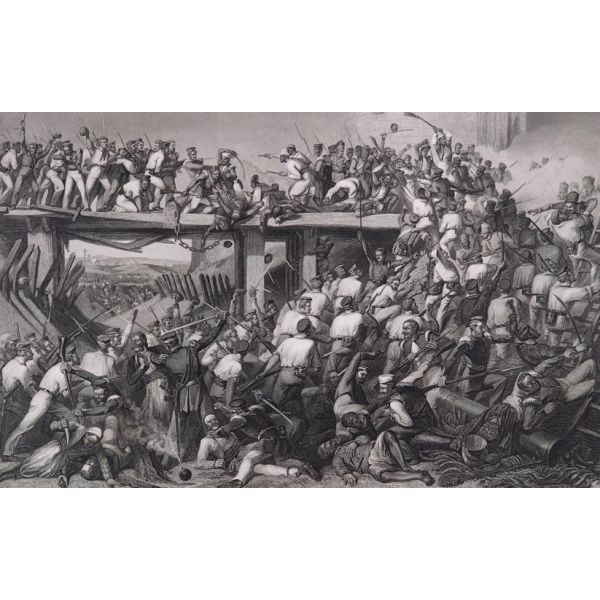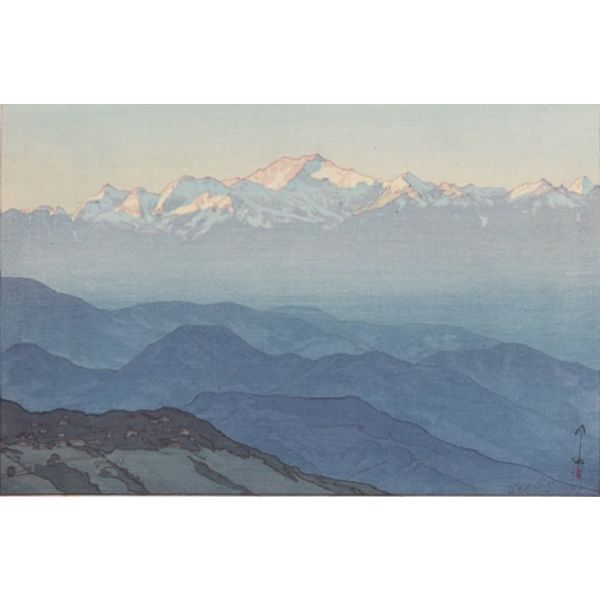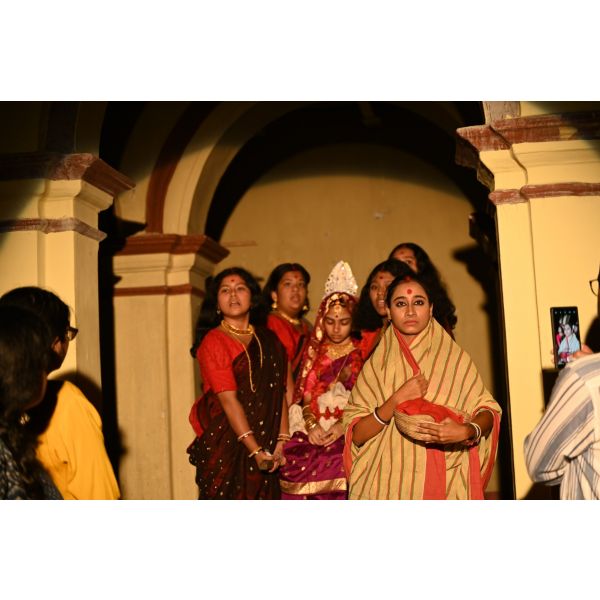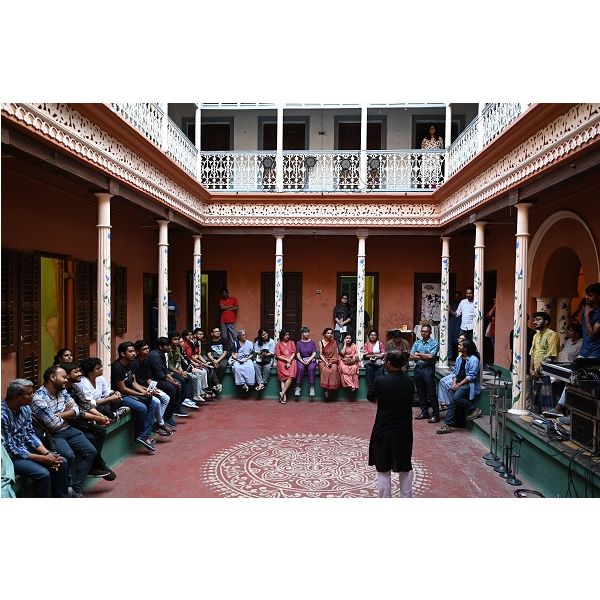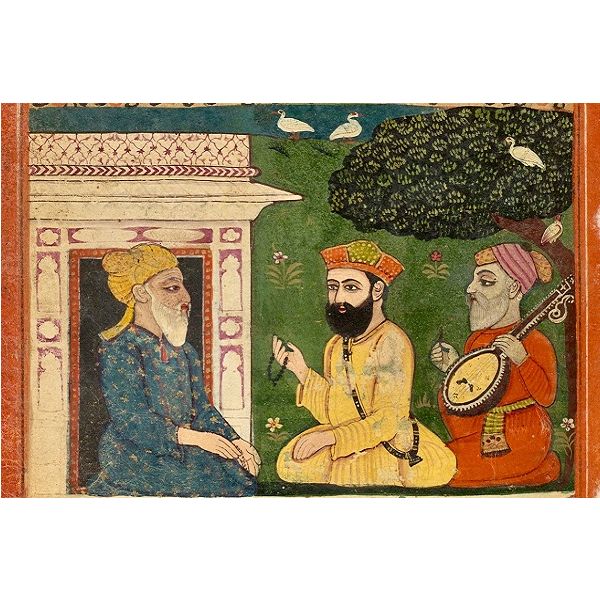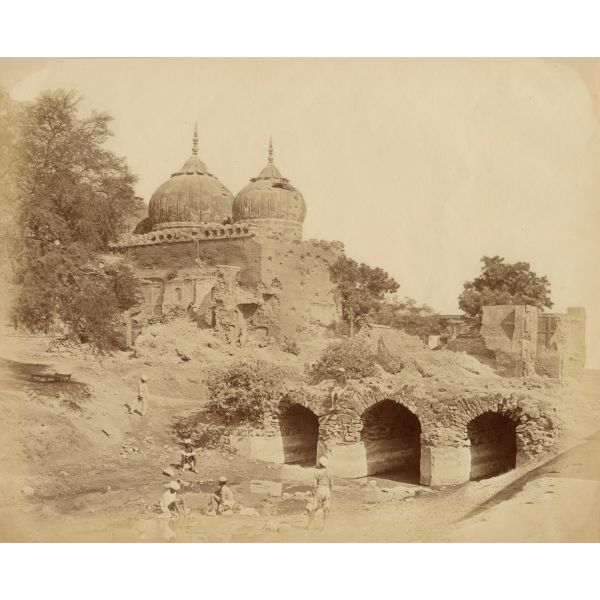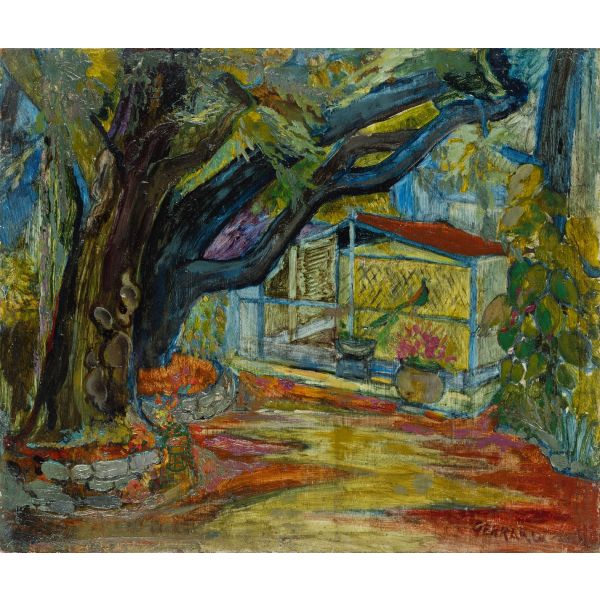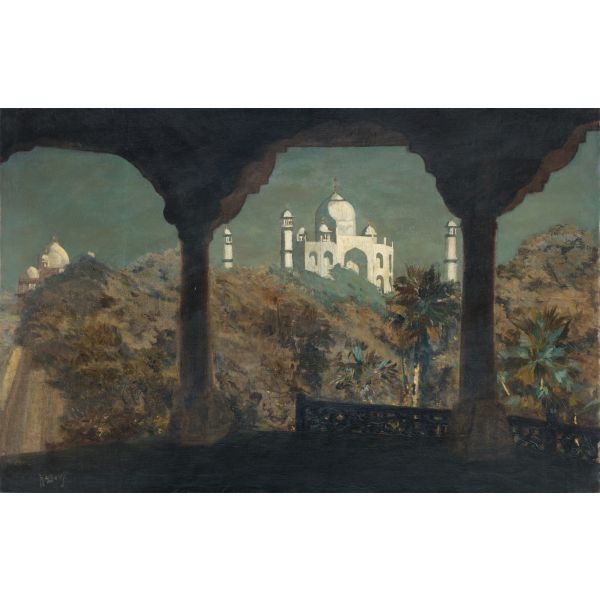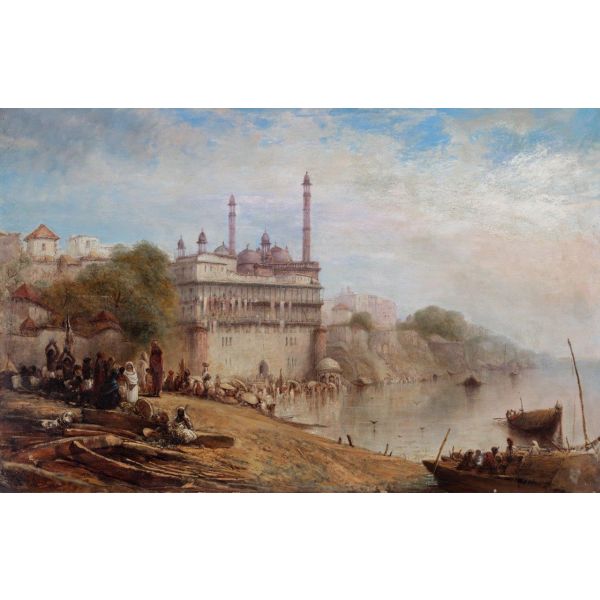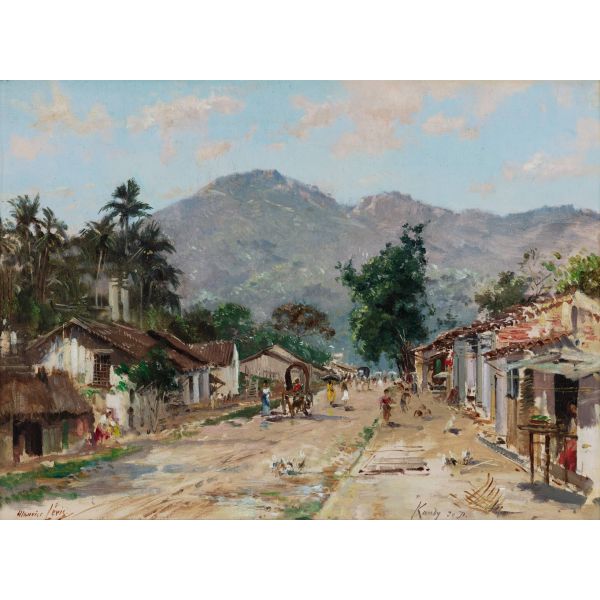Search results for: 'les carnets de l'apothicaire nime'
-
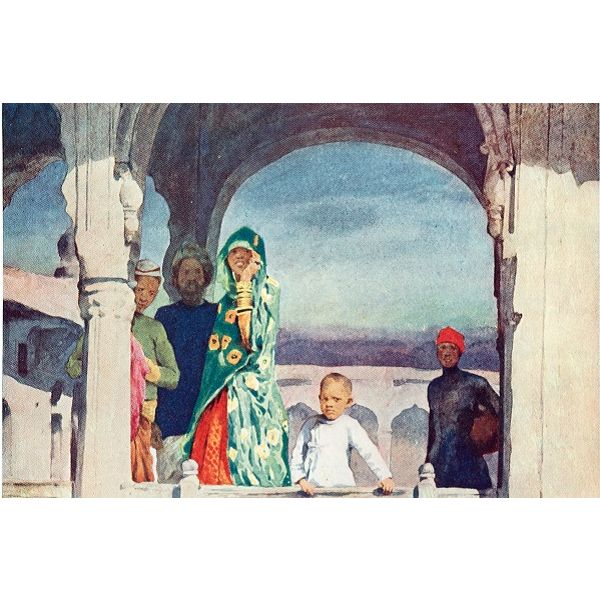 JournalChronicling the Durbar: Images and voices from Delhi$0.00
JournalChronicling the Durbar: Images and voices from Delhi$0.00Who were the significant chroniclers of the Durbars?
Learn More -
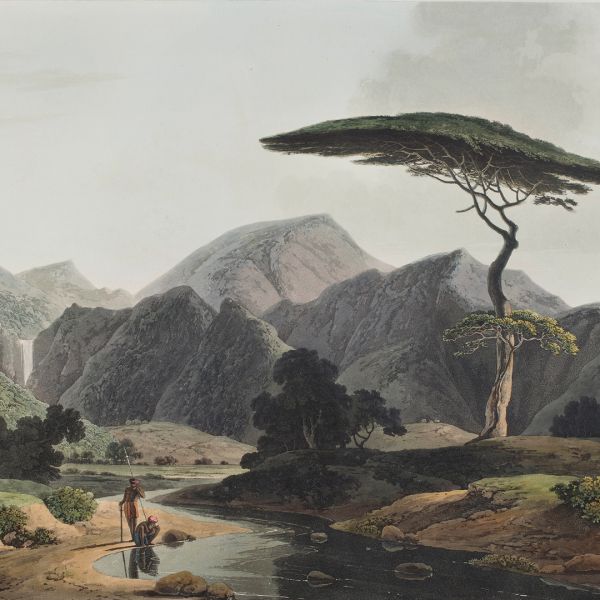 ExhibitionsVision & LandscapeAs low as $1.00
ExhibitionsVision & LandscapeAs low as $1.00The series of aquatint prints known as Oriental Scenery represent the single largest and most impressive project by English artists to depict Indian architecture and landscape. Thomas Daniell (1749-1840) and his nephew William Daniell (1769-1837) travelled extensively in India between 1786 and 1793. On their return to Britain they produced many paintings, drawings and prints based on the sketches they had made while travelling. The aquatints were issued in pairs between March 1795 and December 1808. Subscribers who purchased all of them could assemble them into six volumes, each with 24 prints, making up a total of 144 – of which half are shown here.
Learn More -
